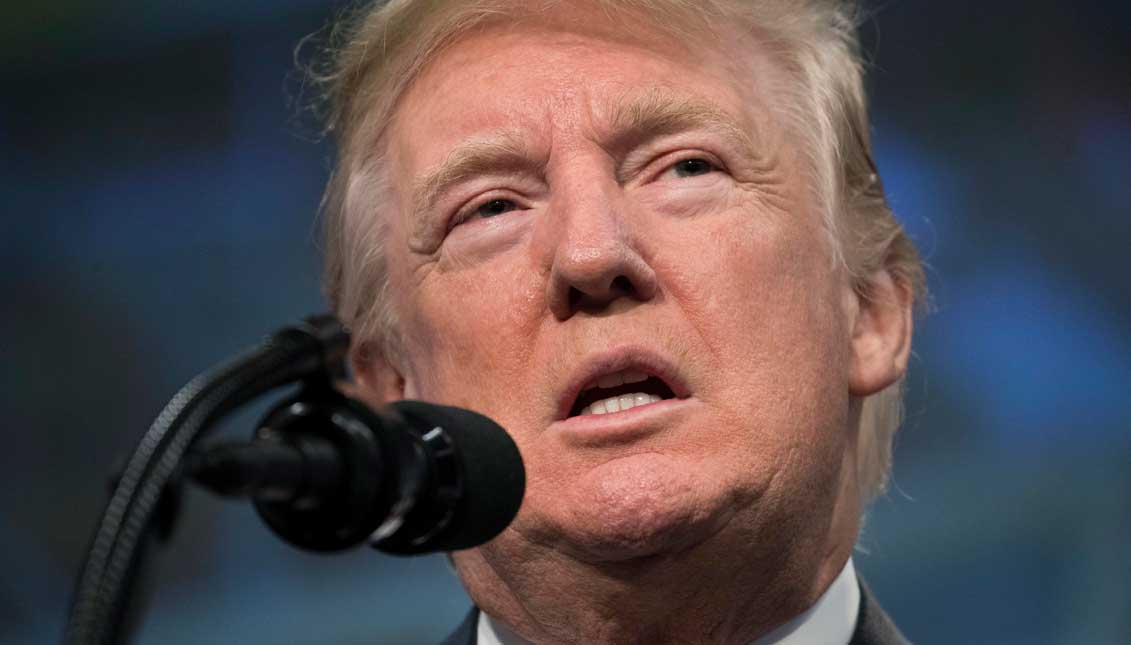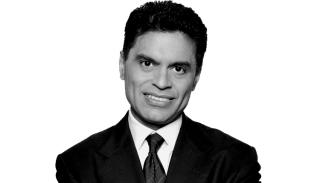
[OP-ED]: Trump’s embrace of a post-American world
President Trump’s speech to the United Nations was well delivered. But it was a strange mishmash of topics and tones, in parts celebrating realpolitik but then…
There was, however, one overriding theme -- the embrace of nationalism. And in striking that chord, Donald Trump did something unusual, perhaps unique for a U.S. president: He encouraged, even embraced the rise of a post-American world.
First, the mishmash. Early in his speech, Trump asserted, “In America, we do not seek to impose our way of life on anyone.” But then, a few minutes later, Trump proceeded to castigate North Korea, Iran, Venezuela and Cuba for their undemocratic political systems, virtually demanding that they all become Western-style liberal democracies.
The danger of this kind of lofty rhetoric is that it has been selectively applied, so it is seen cynically by the rest of the world as a way to dress up American self-interest. Trump took this hypocrisy to a new level. He denounced Iran for its lack of freedoms and, almost in the same breath, made favorable mention of Saudi Arabia. By any yardstick -- political rights, religious tolerance, free speech -- Iran is a much more open society than Saudi Arabia, which is an absolute monarchy allied to the world’s most fanatical religious establishment, where churches and synagogues are prohibited.
RELATED CONTENT
The main thrust of Trump’s speech was about nationalism. He celebrated sovereignty and nationalism, choosing an odd example. Latching onto a few words by President Harry Truman in support of the Marshall Plan, Trump described that approach to international relations as “beautiful” and “noble.” But can anyone imagine Donald Trump actually supporting the Marshall Plan? It was a massive foreign aid program, administered by government bureaucrats to help foreigners revive their industries -- which became competitors to American firms. Washington spent, as a percentage of GDP, roughly five times what it spent during the combat phase of the war in Afghanistan, according to one estimate. To make the Marshall Plan work, Washington encouraged European nations to cede economic sovereignty and create the European Coal and Steel Community, which was the genesis of the European Union.
The most significant line in Trump’s speech was this one, delivered dramatically: “As president of the United States, I will always put America first, just like you, as the leaders of your countries will always, and should always, put your countries first.”
But this is what countries like Russia and China have been saying for the past few decades. For the last 70 years, the great debate among nations has been between those who argued for narrow national interests and those who believed that lasting peace and prosperity depended on promoting broader common interests. The latter, conceived by FDR and supported by every U.S. president since, is what produced the United Nations and all the organizations that monitor and assist with trade, travel, disease, crime and weather issues, among a host of others, that spill over borders and can only be handled at a regional or global level.
But Donald Trump is tired of being the world’s leader. He whined in his speech that other countries are unfair in their dealings with the United States, and that somehow the most powerful nation in the world, which dominates almost every international forum, is being had. His solution, a return to nationalism, would be warmly welcomed by most of the world’s major players -- Russia and China, but also countries like India and Turkey -- which tend to act on the basis of their narrow self-interest. Of course, that will mean a dramatic acceleration of the post-American world, one in which these countries will shape policies and institutions, unashamedly to their own benefit rather than any broader one.
Trump grumbled about the fact that the United States pays 22 percent of the U.N.’s budget, which is actually appropriate because it’s roughly equivalent to America’s share of global GDP. Were he to scale back America’s support, he might be surprised how fast a country like China will leap in to fill the gap. And once it does, China will dominate and shape the U.N. -- and the global agenda -- just as America has done for seven decades. Perhaps the Chinese will suggest that the organization’s headquarters be moved to Beijing. Come to think of it, it would free up acres of land on the East River where Donald Trump could build a few more condominiums.










LEAVE A COMMENT:
Join the discussion! Leave a comment.